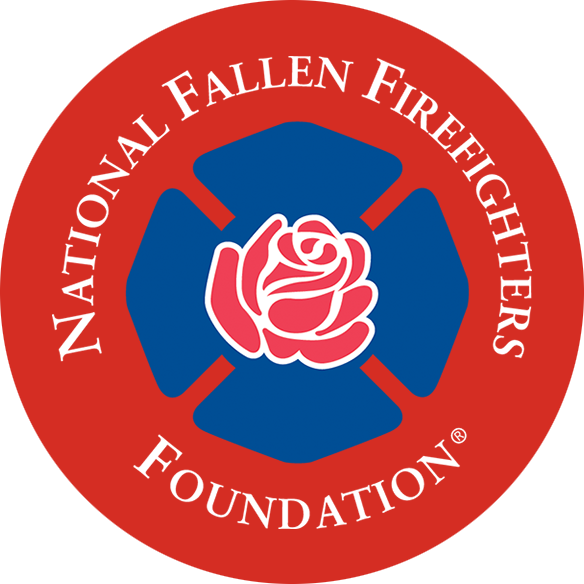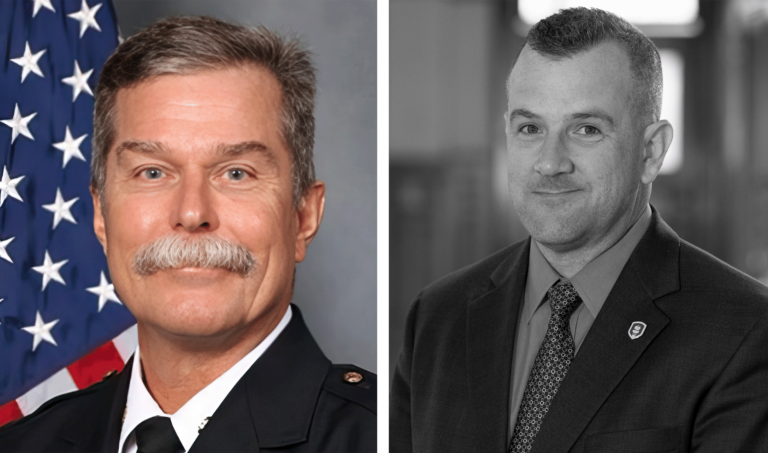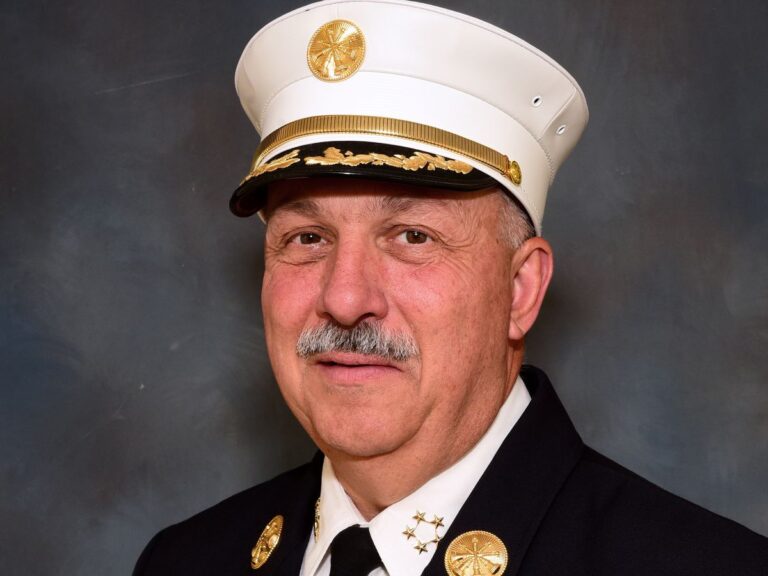
Tell us a little about yourself.
I grew up in a small town called Loganville, Pennsylvania, which is in south central Pennsylvania. And believe it or not, it happens to be the hometown of Mr. Arthur Glatfelter, founder of Glatfelter Insurance Group. So, it was an interesting place to live in the sense of a very small community. No traffic light whatsoever. I lived there with my parents and my sister, attended high school there and played baseball. Afterwards, I went to college and I ended up with a mathematics degree.
We’re told you’re both a Philadelphia Eagles and Pittsburgh Pirates fan. How does that even happen?
Yeah, let me start with the Eagles first. My wife was originally from the Philly area and grew up there, and I always enjoyed watching football with her family; and it just got to be one of those things that you couldn’t get away from. It kind of draws you in as it relates to being a Philadelphia Eagles fan.
I’ve always loved the Pirates, but the thing that really sealed the deal for me was in 1979 when we were down 3 to 1 in the World Series against Baltimore, which in Southcentral Pennsylvania, virtually everyone loved the Orioles. But I was really happy to see the Pirates come back from the 3 to 1 deficit in the series and win it. It was just great to see Willie Stargell take the MVP and come back and win it. It was a great time for me, and I’ve been a Pirates fan solidly ever since.
How did you decide to work in the insurance industry?
I worked at a pension consulting firm in Harrisburg after college, and that was right around the time when 401(k)’s were becoming more mainstream. I was selling and administering them in-house. It was an interesting first job, but it was also an hour commute both ways. So, I started looking after my two-year stint there to say, there’s got to be something closer that I’m going to really jump to and enjoy. And, with the mathematics degree, I’m thinking I have no idea what I’m going to be when I grow up. And you could still argue the fact that I still don’t. But I applied for a job with the Glatfelter Insurance Group. It turns out that Mr. Glatfelter had a sales department that was selling what we call length of service awards program, which is a non-deferred compensation plan for volunteer firefighters for their years of service. And it fit right into where I was already on the pension consulting side and doing it on the nonprofit side. So, it worked out perfectly, and I spent two-years in that department. Then, I got into property and casualty, as well as accident and sickness. It’s worked out really, really, well. And I’ve been there over 30 years.
What are some of your fondest memories of Art Glatfelter?
He was somewhat of an icon in Loganville. Because it’s where he originally started the insurance agency. Before that, he and his father had an auto mechanic shop, it was right off Main Street. So, everybody I think knew who he was, and he had quite the name there for sure.
Did Mr. Glatfelter ever give you any advice?
There are two things; the first is that insurance is a relationship business. The second, and follow up to that, is in dealing with the emergency service community. You’ve got to consistently treat them fairly and promptly and let them know that you’re genuinely caring for them because of all the work that they do to help their own communities. They need to feel comfort in knowing that we’ve got their back and we’re trying to help them as much as possible.
How would you describe the intersection of the insurance industry and the fire service?
The emergency services community is doing dangerous work. Unfortunately, unforeseen things can happen and, in some cases, tragic things. So, I think that the insurance mechanism helps to try to get them back to where they were prior to such incidents. Also, the emergency services community’s best asset is its people. Realizing that, we started out in 1969 selling our accident and sickness product, which is a complement to Workers Compensation. Mr. Glatfelter realized quickly that he had the ability to make friends (in the emergency services) fast, in so much as he was offering a better policy with higher benefits. Then came additional programs that have taken off. And the agency continues to be the biggest provider of accident sickness for the emergency services community. So, it’s been really nice. We’ve also been in the property and casualty business since the mid-1970s where the fire service has to insure their vehicles and their property for damage and liability. And both segments have grown tremendously since then.
What are your earliest memories or first impressions of the National Fallen Firefighters Foundation?
Mr. Glatfelter, who was the Chairman of the Glatfelter Insurance Group at the time, had mentioned to all of us that the Foundation was doing great work. And, because Mr. Glatfelter was on the board of the Foundation, we would go down with him to attend the memorial weekend. So, it was interesting to hear not only about how great they were doing as an organization, but what their mission was. Mr. Glatfelter would always say that he didn’t know of anyone who couldn’t get behind and support the mission of the National Fallen Firefighters Foundation.
What made you want to join the National Fallen Firefighters Foundation Board of Directors?
Mr. Glatfelter knew that I had enjoyed working with the emergency services through the agency. He asked me if I’d be interested in taking his place when he decided to step down from the board. And, of course, I said I would love to because I just loved the stories he told me about the Foundation and all the wonderful things they do. It was an easy chat for him to me. I was just so humbled and honored to be asked to join because it was something that I had set as a goal of mine, and it came through in 2006.
What do you hope to accomplish as the Chairman of the Board of Directors for the National Fallen Firefighters Foundation?
I think I would like to build out more of our Fire Hero programs. It’s very difficult to lose someone that you loved in a line-of-duty death, and it’s difficult to overcome. It’s important that we do all we can to help them in not only their grieving process, but to let them know that we’re here to support them in anything that they may need to try to get them back to some sense of normalcy. Not only is it difficult for the spouse, but children especially are really impacted. So, I think that the more that we can build up those types of programs to be able to not only support the families but specifically the children, are important. What we’re doing on the scholarship side has just been terrific for those college age young adults. Programs like the Kids Camp, in fact, make a significant impact on these kids to realize that they’re not the only ones who have lost a loved one. They learn that they can talk about their grief and how much they miss their loved ones and make friendships that they probably would have never been able to do in the absence of going to the Kids Camp. They start to realize that there’s a lot of other people who happened to be in the same situation and they make lifelong friends, which I think is just terrific to help them in their grieving process over time.
What would you want Fire Hero Families to know about the National Fallen Firefighters Foundation Board of Directors?
I think that I would say that we always have them on our minds in how we transact business and how we continue to honor the fallen and support them. That’s really our entire mission at the board level. (Executive Director) Ron (Siarnicki) and his team have just been incredible in focusing on what they do and fulfilling the mission. And we want them to know they’re a part of the process. We listen to anything that families are willing to share that helps build out and improve our programs. What’s working? What can we improve? What are things that we could do better in their time of grief? We welcome any suggestions as they are an important part of the process and our mission.




